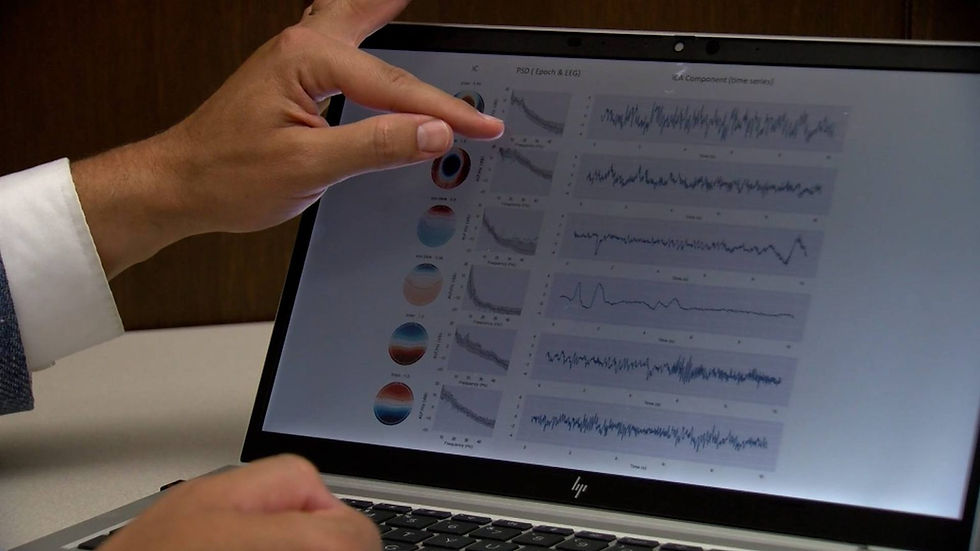AI Bridges Critical Gaps in Global Efforts Against Antimicrobial Resistance
- Covertly AI
- Jan 31, 2025
- 2 min read
Antimicrobial resistance (AMR) presents a profound global health challenge as microorganisms evolve to resist antibiotic medicines, making infections like HIV, tuberculosis, and malaria harder to treat. This growing threat increases the risks of severe illness, disease spread, and mortality, with low-to-middle-income countries bearing the brunt due to poor water quality and environmental waste contributing to AMR proliferation.
Recognizing the urgent need to address AMR, the World Health Organization (WHO) introduced a Global Action Plan in 2015. As part of this initiative, 194 WHO member states committed to developing country-specific One Health AMR National Action Plans (NAPs). This comprehensive model emphasizes the interconnectedness of humans, animals, plants, and their shared environment. However, creating effective NAPs has been challenging, particularly in countries with limited logistical capacity, inadequate funding, and restricted access to critical information.
To tackle these obstacles, an international team of researchers, led by Professor Yong-Guan Zhu of the Chinese Academy of Sciences and Professor David Graham from Durham University, UK, has developed an innovative AI tool called the AMR-Policy GPT. Published in the Environmental Science & Technology journal, this large language model is specifically designed to provide actionable, up-to-date, and contextually relevant information to policymakers crafting AMR strategies.

AMR-Policy GPT integrates policy documents from 146 countries and functions similarly to established chatbots like ChatGPT but with a sharper focus on AMR-related data. By delivering accurate and well-referenced information across disciplines, this tool empowers decision-makers to formulate informed strategies to combat AMR. Its continuous updates ensure relevance in the rapidly evolving landscape of antimicrobial resistance.
The tool has demonstrated value by addressing critical gaps in regions with insufficient data and infrastructure. As a prototype, it serves as a foundation for improving AMR-related policies rather than offering comprehensive NAPs. Researchers aim to refine the tool by integrating additional scientific knowledge with policy information, enhancing its utility.
Professor Zhu emphasized AI's transformative potential in integrating and distilling vast amounts of information to influence policy effectively. The AMR-Policy GPT exemplifies how AI can bridge knowledge gaps, fostering a collaborative, informed approach to AMR mitigation. This endeavor also highlights the importance of holistic solutions that consider the environmental spread of AMR.

The project involves contributions from researchers at Shanghai Jiao Tong University in China and Johns Hopkins Bloomberg School of Public Health in the U.S., underscoring the international commitment to leveraging AI for global health challenges. As efforts to refine and expand AMR-Policy GPT continue, it holds the promise of reshaping how the world addresses one of our most pressing public health threats.
.png)







Comments